The 12 best Radiohead songs to test your hi-fi system
Don’t let your hi-fi leave you High And Dry
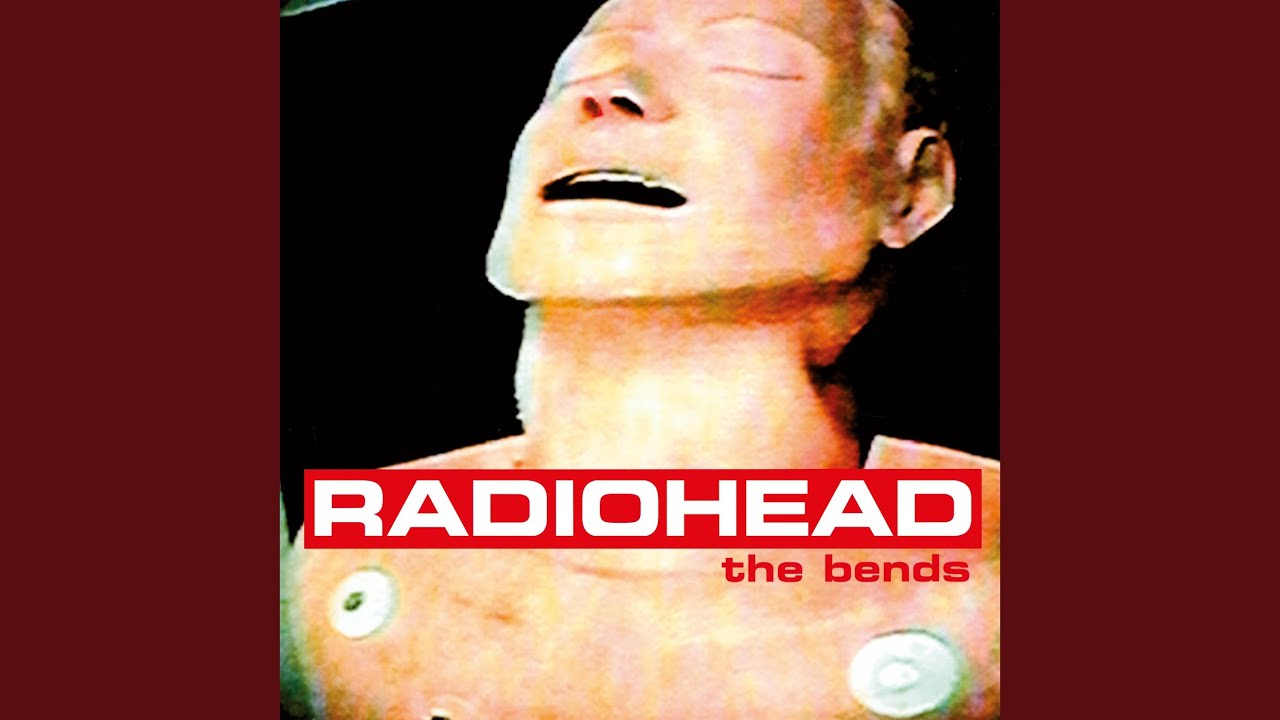
Radiohead are one of those bands that are impossible to pin down. While many groups find themselves enjoying a shelf life of just a few albums before the telltale signs of staleness creep into their work, Oxford’s finest have defied age and categorisation across four separate decades of musical output.
Flitting across styles and genres can be an alienating experience for die-hard acolytes, but it’s a trick that, in Radiohead’s case, seems only to have won them more and more legions of passionate devotees. As a defining British artist adored both by the public and critics alike, few have come close to the success of such a constantly evolving creative force.
This chameleonic streak also proves extremely helpful when it comes to testing out your hi-fi system. From the crashing indie angst of The Bends to the trippy, glitchy stylings of Kid A, these tracks below will celebrate your setup’s strengths and expose its weaknesses like a merciless drill sergeant on training day.
- Read all our British Hi-Fi Week 2023 news, features and reviews
Go To Sleep (Hail to the Thief, 2003)
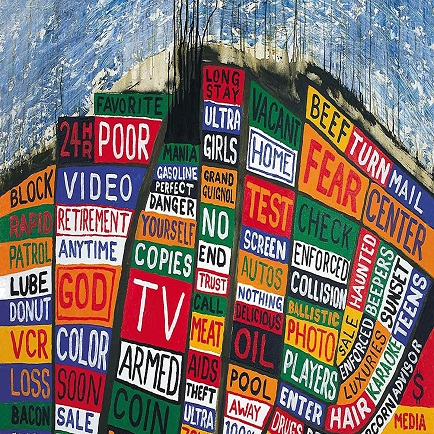
Radiohead’s work (Pablo Honey aside) had always gained texture from its weightier, often experimental themes and subject matter, but it was arguably 2003’s Hail to the Thief that saw the band truly flexing their political muscles.
The big, broad anthems are gone, replaced by an angrier, choppier sensibility and some altogether moodier soundscapes, ideal for seeing how a piece of kit handles rougher, harsher tones. Go To Sleep, the album’s fifth track, deploys a heavy, almost crunchy guitar lick underneath Yorke’s protestations that “we don’t want the monster taking over”. It’s an angry, somewhat despairing piece that conveys the band’s feelings of hopelessness during a transitory political period and represents a real sonic departure from much that had gone before. A wildcard choice that benefits from a great system
The Bends (The Bends, 1995)
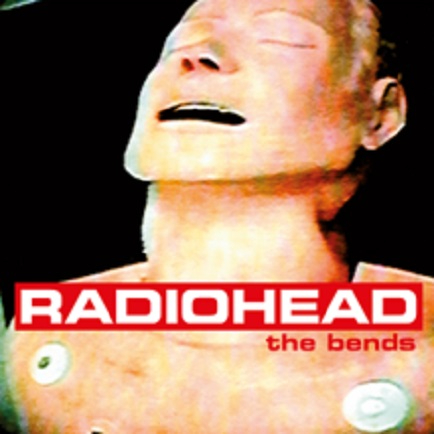
“Turn it up, loud” are the muffled words that act as part of the opening to The Bends, the second and title track from an album that would later be seen as Radiohead’s first of many magnum opuses. No sooner have the words been spoken than Jonny Greenwood’s tidal wave of a guitar sound practically bowls you over, setting the scene for one of the punchiest, rockiest offerings in the entire Radiohead canon.
This is where a great system will come into its own in adding its full heft to that relentless sonic punch. There are few tracks that showcase Greenwood’s powerful proficiency on his instrument more than The Bends, and by the time the song’s proper solo kicks in the goosebumps should well and truly be on display. Be wary of things devolving into a grungey, sludgy mess, but if you want to see how your speakers handle big sound, turn it up, loud
Get the What Hi-Fi? Newsletter
The latest hi-fi, home cinema and tech news, reviews, buying advice and deals, direct to your inbox.
You And Whose Army? (Amnesiac, 2001)
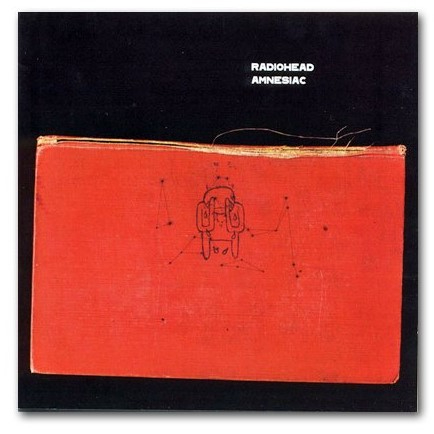
Originally conceived as part of a double album with 2000’s Kid A before finding its own identity as a full-fledged record released a year or so later, Amnesiac sees Radiohead at their moodiest and, arguably, their most atmospheric. It’s a great album for testing speakers, too, given how deliberately each and every track has been composed and arranged.
Filled with grand, haunting piano sounds and large swathes of open, resonant musicality, Amnesiac remains one of the band’s most underrated but unquestionably rewarding offerings. Nowhere is that more in evidence than You and Whose Army?, an epic slow-grower that reaches a swelling, orchestral conclusion as the cymbals crash and Yorke’s vocals fly over the crescendo. Expect to feel adrenalised by the song’s pounding conclusion, but if you still can’t pick out each individual instrument as the music reaches a fever pitch, you might have just exposed a serious deficiency in your setup.
No Surprises (OK Computer, 1997)
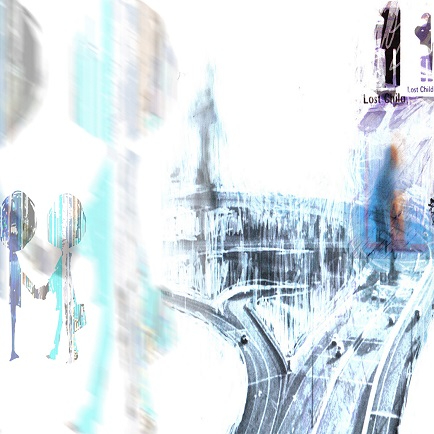
Great speakers aren’t necessarily ones that, in the overused words of Spinal Tap’s Nigel Tufnel, “go up to 11” on the volume scale. A truly great system should be a scalpel as much as it is a hammer, and there’s no point forking out for equipment designed to complement the mighty axe work of Iron Maiden and Black Sabbath if you’re going to spend half of your time getting teary-eyed over Elliot Smith and Eva Cassidy.
No Surprises is the perfect choice for when you’re looking to dial it back to see if your hi-fi can deal with these softer, quieter moments. It’s not a particularly complex piece of work, rather it’s a track that demands clarity, sincerity and a proper translation of the desired emotional response. Rather aptly, you don’t want any surprises when it comes to duff audio delivery.
Motion Picture Soundtrack (Kid A, 2000)
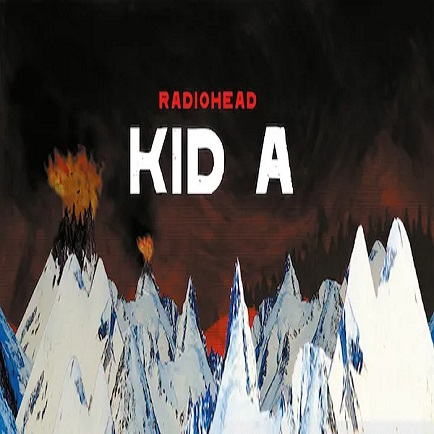
Whatever movie Thom Yorke and co. had in mind when they composed Motion Picture Soundtrack, it’s hard to imagine it was a particularly cheery affair. Instead, Motion Picture Soundtrack is a bleak, bruising piece that combines mournful experimentation and anxiety-inducing lyrical content (“I think you’re crazy, maybe I will see you in the next life”).
All of these blended textures and tones, courtesy of strange instruments like the harp and mellotron, give Motion Picture Soundtrack an utterly unique flavour – one that deserves to be captured by a really transparent system able to communicate these varied textures and their emotional weight. If you’re not feeling desperately hopeless by the third minute, maybe consider upgrading your setup.
Everything In Its Right Place (Kid A, 2000)

Everything In Its Right Place as a song for testing audio equipment practically has its instructions printed in the title. With its skittering static effects, nervous drum kicks, a muffled synth bed and Yorke’s usual high-pitched wail all bouncing off one another, this really is the ideal obstacle course for checking if everything is, as it were, in its right place.
Kid A is of course loaded with this sort of thing, an experimental grab bag that sees the band once again seeking new sonic horizons and unexplored musical territories. It’s a great litmus test for whether your setup is up to the task, and those drum kicks and static effects should feel detailed, clear and independent rather than simply intermeshing with Yorke’s howling vocals.
Pyramid Song (Amnesiac, 2001)

Pyramid Song is in many ways Radiohead at their purest. It’s more than two minutes before another instrument joins the party, the moody, black key-heavy chords that define the second track from Amnesiac allowed to shoulder the burden for almost half of its runtime. That haunting piano sound is central to Pyramid Song, so listen out for whether your system is giving them enough space to really express the full weight and texture of sound amid an almost silent accompaniment.
The effect, however, is mesmeric, an indulgent, slightly unsettling bliss-scape of a song that echoes You and Whose Army? in its strangeness, theatricality and raw beauty. If you’re lost in the piano melody, swayed by the strings and enveloped by Yorke’s muffled mewing, your hi-fi is probably doing its job just fine.
Black Star (The Bends, 1995)

Not to be confused with the final album of the late great David Bowie, the tenth track on 1995’s The Bends tends to get a little lost amid a sea of scene-stealing hits as Radiohead finally emerged as one of this generation’s defining acts. The band admitted that The Bends’ eponymous title track was partly inspired by Bowie’s grandiose, overblown pop-rock sensibilities, but it’s Black Star that really captures the late auteur’s true sense of the theatrical. Appropriate considering it’s the name Bowie gave to his own final album in 2016.
The Bends took the basic alternative/indie foundation laid by the much-reviled (but utterly passable) debut effort Pablo Honey and improved upon it, doubling down both on the driving guitar riffs and the existential anxiety in one cohesive package. Nowhere is this more in evidence than on Black Star, a massive, swirling track that sees Yorke at his yearning, melodramatic best. Great for assessing whether your setup excels at the upper and mid ranges.
Sail To The Moon (Hail to the Thief)

Hail to the Thief may be an album characterised, or at least heavily coloured, by anger, outrage and a feeling of disenfranchised hopelessness, but Sail to the Moon stands out as a sonic oasis of calm and serenity amid less forgiving offerings.
This is Radiohead in full ballad mode, slow and soft like a lullaby, drifting effortlessly on a bed of soulful guitar plucks, calming piano sounds and Yorke’s melodic wailing rising above it all. Those mid-range guitar sounds and glistening, expressive guitar sounds should really find their fullest forms when played on a really expressive system, as should the echoey swell of the track’s spacious, reverberating production. Perfect for a big room and a system with the scale, openness and weight to really deliver.
Paranoid Android (OK Computer, 1997)

In many ways, Paranoid Android is the definitive Radiohead track, not by virtue of it being the band’s finest release but rather because it encapsulates the ethos for which they stood in their early-2000s pomp. The clue, naturally, is in the name, with Paranoid Android becoming a sprawling indie anthem reflecting an uncertain generation’s internalised anxieties about technology, capitalism and social change.
OK Computer’s definitive offering is also a musical feast, melding and merging from uncertain navel-gazing, slow operatic passages and Johnny Greenwood’s distorted, almost incongruous funk-rock guitar riffs. There can’t be many songs that will give your system so much to do in the space of six and a half minutes, so consider it a good sign if the quality remains consistent across the song’s full musical gamut.
Just (The Bends, 1995)

Just is one of the few Radiohead releases that enjoys consistent airplay across (relatively) mainstream radio stations even today thanks to its fairly straightforward indie-rock sensibilities, alongside Karma Police, No Surprises and, of course, Creep.
That isn’t to say that Just is a dull or formulaic song, but rather that it can be more readily categorised than some of the group’s more esoteric or idiosyncratic pieces. A punchy, satisfying rock workout, Just is one of The Bends’ defining tracks, alternating between quiet, soulful licks and head-crashing, distortion-laden power chords that give Blur’s Song 2 a run for its money. A really good tell of your system’s dynamic expression, as things readily flit between soft and loud.
Spectre (A Moon Shaped Pool: Special Edition, 2016)
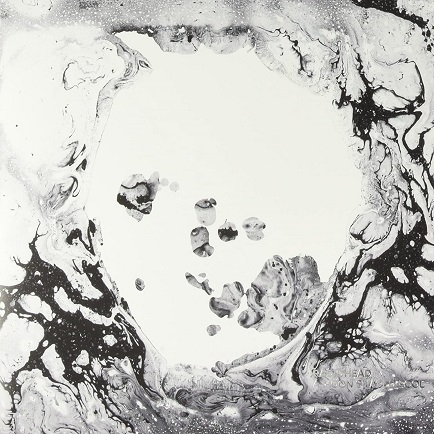
The stars didn't align to give us the Radiohead-penned Bond theme that we indie lovers felt that we deserved, the proposition of the Oxford quintet scoring 2015’s Spectre dashed and discarded in favour of Sam Smith’s middling Writing on the Wall instead.
Happily, Radiohead’s effort still exists, and while one senses it isn’t quite fully formed as a viable replacement for Smith’s overblown dirge, the band’s typical wailing signatures combine nicely with the brassy horns and punchy swells that are trademarks of the Bond genre, so there’s enough there to give your hi-fi setup or top-end speakers a lot of really meaty work to do. Skip to the third minute for soaring strings, orchestral horns and splashy cymbal crashes, and wallow in what could have been.
MORE:
Radiohead’s most underrated album is one of my all-time favourite test records
Want to branch out? These are the 12 best tracks for testing your speakers
These are the 50 best hi-fi albums for audiophiles

Harry McKerrell is a senior staff writer at What Hi-Fi?. During his time at the publication, he has written countless news stories alongside features, advice and reviews of products ranging from floorstanding speakers and music streamers to over-ear headphones, wireless earbuds and portable DACs. He has covered launches from hi-fi and consumer tech brands, and major industry events including IFA, High End Munich and, of course, the Bristol Hi-Fi Show. When not at work he can be found playing hockey, practising the piano or trying to pet strangers' dogs.
-
Sliced Bread Exit Music on OK computer is an excellent test bed. It’s got everything, vocal subtlety to hard charging rhythm. On most systems (even many headphones) I find this track can sound boring,but on the right system the change tempo at 2:30 should be impactful and exciting.Reply
When I demo’d the PMC 24i’s they captured this better than any other speaker I’ve heard. The vocals which can sound thin felt life size and the drums kicked hard like they were in the room.
I still regret not buying the 24i’s ahead of the 23i’s on the basis of this demo alone. Tempted to buy them.
